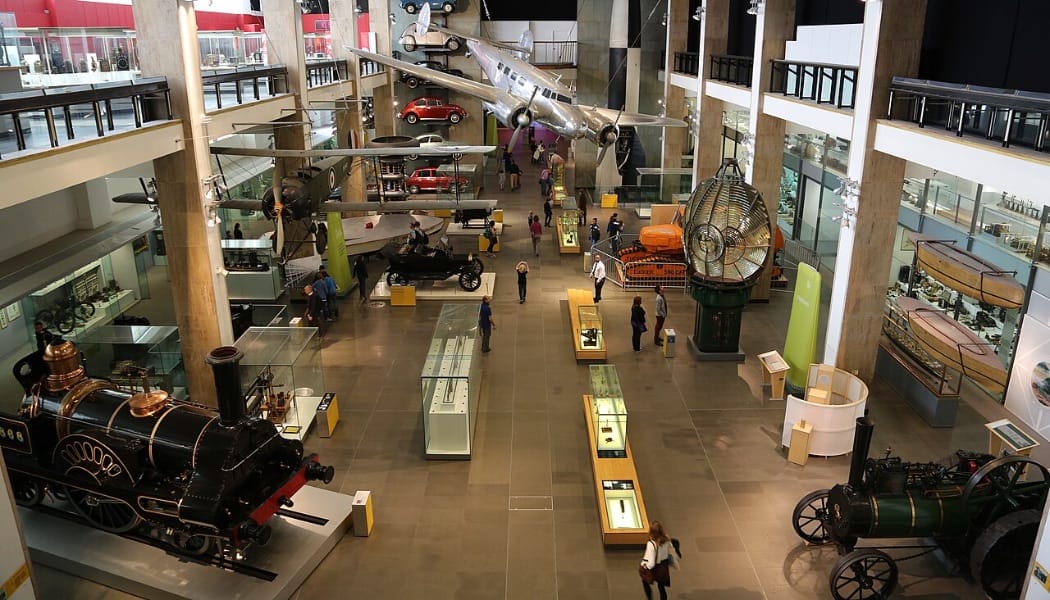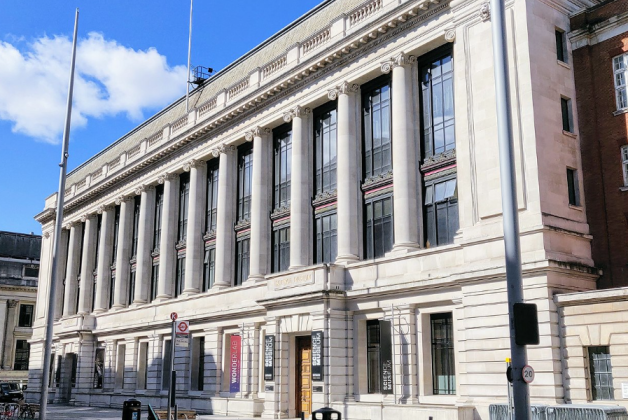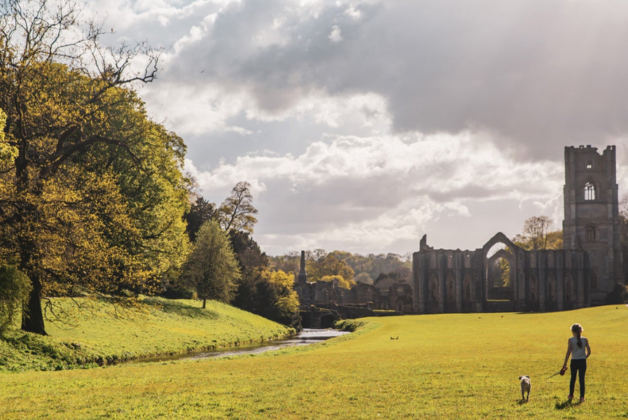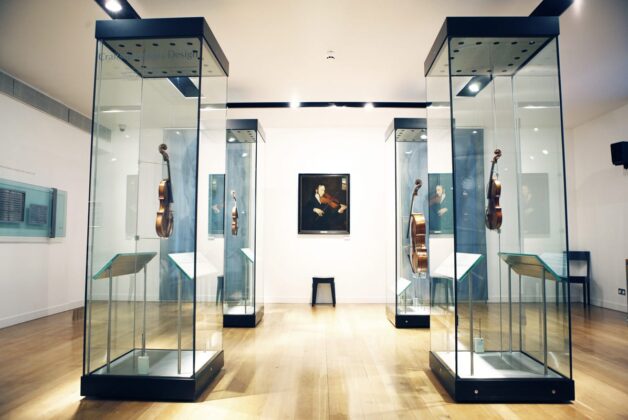Alistair Hardaker
Image: The Making the Modern World gallery in 2012 (CC-BY-SA 3.0 Geni)
The donation will fund the transformation of the Making the Modern World gallery into Ages of Invention, reopening in 2028 with objects spanning 250 years.
The Science Museum has announced receipt of an eight-figure donation from the world’s largest vaccine manufacturer.
The Serum Institute of India, led by its CEO Adar Poonawalla, has donated at least £10m to the museum, which did not disclose an exact figure but told Advisor it was less than £50,000,000. The donation becomes the largest international donation in the museum’s history.
Serum Institute of India, founded in 1966, operates in more than 170 countries and has delivered over 2 billion COVID-19 vaccine doses.
The museum said the capital will support the transformation of its twenty year old ‘Making the Modern World’ gallery into the ‘Ages of Invention: The Serum Institute Gallery’, set to re-open in 2028.
The new gallery will “reflect current global concerns and scientific thinking”, and will be designed by Lawson Ward Studio, the architecture and design studio led by Hannah Lawson and Georgina Ward who were recently appointed as the gallery’s architect.
Sir Ian Blatchford, Director and Chief Executive of the Science Museum Group, said the gallery will be the “most significant display of objects from the history of science anywhere in the world.
“Visitors will be able to journey through 250 years of innovation and explore the scientific ideas shaping our lives today.”
Mr. Adar Poonawalla, CEO of Serum Institute of India, said: the funding is hoped back the museum to “inspire the future generations and celebrate the incredible journey of science that shapes our world.’
Objects set to feature in the new gallery nclude the telescope used by astronomer Caroline Herschel (1795); the world’s oldest surviving steam locomotive, Puffing Billy (1813-1814); J.J. Thomson’s cathode ray tube used in the discovery of the electron (1897); Tucker Sno-cat used in the Commonwealth Trans-Antarctica Expedition (1955), and Tracy, one of the first transgenic sheep (1990-97).
Earlier this year, the museum announced two further galleries – Space and Tomorrow: The Bennett Gallery – which will delve into space exploration and the scientific research that will shape our future. Space opened at the museum last month, with Tomorrow: The Bennett Gallery set to open in early 2027.





